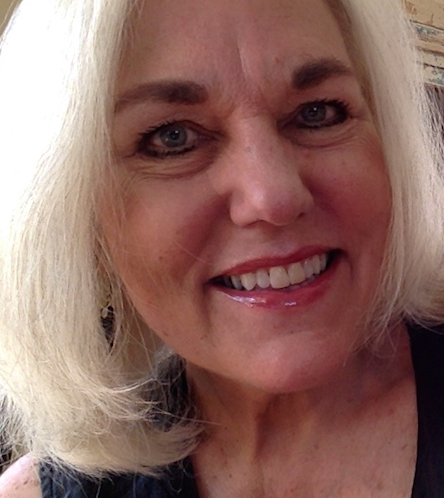Jacqui Banaszynski, Journalism

JACQUI BANASZYNSKI is an endowed Knight Chair professor at the Missouri School of Journalism, where she works with the true storytellers of the 21st Century. Her newspaper career took her to all seven continents, including three trips to Antarctica. She has written about corruption and crime, beauty pageants and popes, AIDS and the Olympics, dogsled expeditions and refugee camps, labor strikes and political strife, traffic fatalities and family tragedies.
She won the 1988 Pulitzer Prize for an intimate series on a gay farm couple dying of AIDS, and was a finalist for the 1986 Pulitzer Prize in international reporting for her eyewitness account of the famine crisis in sub-Saharan Africa. In 1991, she covered the Kurdish refugees who fled Iraq after the first Gulf War. She won the Associated Press Sports Editors’ deadline award for coverage of Greco-Roman wrestling at the 1988 Olympics. Projects she has edited have won ASNE Best Newspaper Writing, Ernie Pyle Human Interest Writing and national business, social issues and investigative prizes.
Her students frequently placed in the Hearst Awards, considered the Pulitzer Prizes of college journalism. She is an editing fellow at The Poynter Institute, and coaches reporters, writers and editors around the world. In 2008, she was named to the Society of Features Journalists Hall of Fame.
You can find some of her work and her blog on her StoryLines website at www.jacquibanaszynski.com
Banaszynski presented a full day of journalism at the 2016 AHP “May the Horse Be With You” Seminar in Orlando. Here is her video journalism tip on Understanding the Purpose and Goal of the Interview.
Her 2016 sessions included:
Narrative Story Craft: Identifying and developing narrative potential to elevate informational pieces to more literary and compelling stories.
Story Idea Generation [PDF Handouts]
Story Idea Generation: Brainstorming and focusing techniques to discovery fresh story ideas and to make routine ideas fresh.
Literary Forensics. All writers have habits that can strengthen or weaken their work. A magic marker can serve as a diagnostic tool to help writers identify those habits and become better self-editors, and help editors work more efficiently and effectively with writers.
Literary Forensics Tipsheet [PDF Handouts]
Interviewing Techniques: Learn the most effective questions to gain the most meaningful information, killer quotes and compelling anecdotes.
Interview Techniques [PDF Handouts]
Speakers have shared their presentations with AHP members as a courtesy. Please do not share the presentations outside of your staff.
